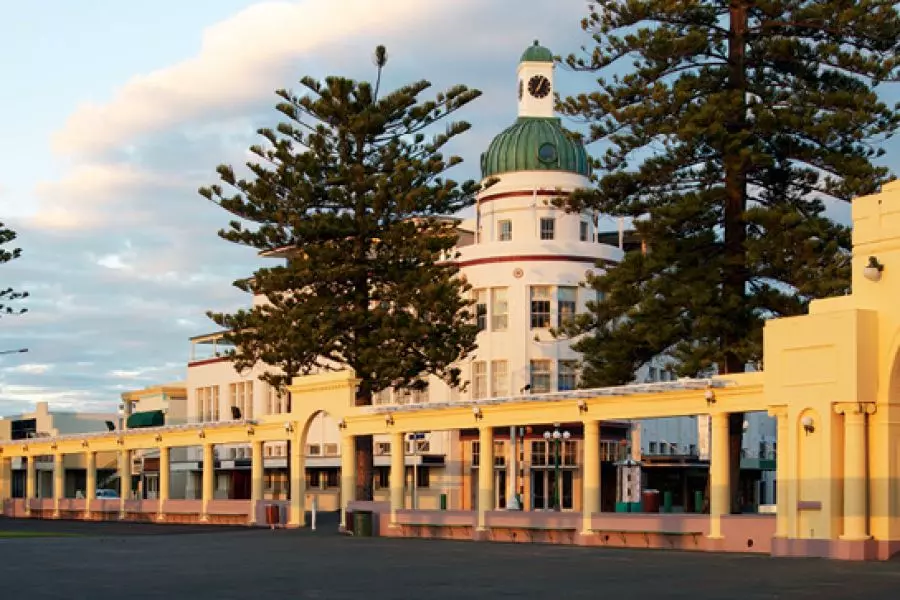News
Food for thought

Friday 6th of January 2017
Since the region was settled in the 1850s, agriculture has been the cornerstone of mid and south Canterbury's economy. Considered to be the food basket of New Zealand, the region has been built on its strong primary sector. Agriculture is diverse, including dairy, sheep and deer farming, forestry, and cropping operations; half of New Zealand’s grain seed and fodder crop land is in Can...
Want to read the full article?
Click the button below to subscribe and will have unlimited access to full article and all other articles on the site.
8 min read
10 min read






![[The Wrap] Bye Bye Bayly](https://goodreturns.publit.io/file/c_fill,w_900,h_600/39f23ac1-f7c7-4854-b700-a150004ebbac.webp)


